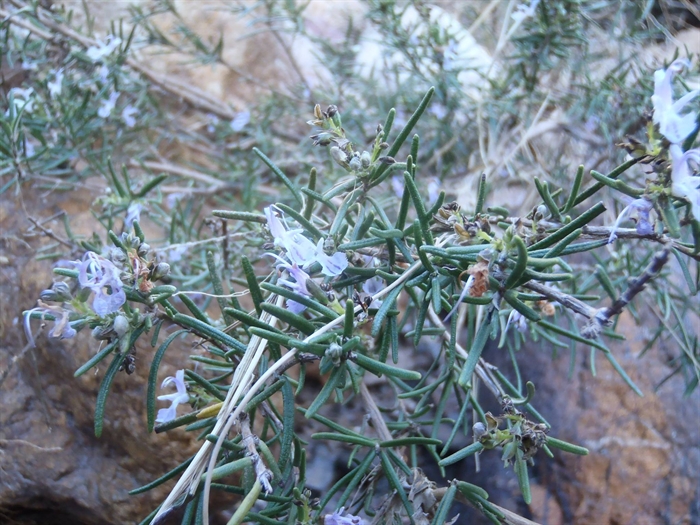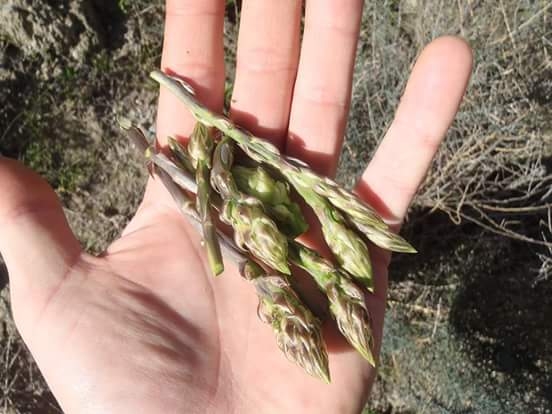
Wild rosemary.
(SCOTT MORAN / iNFOnews.ca)
January 18, 2017 - 12:07 PM
OPINION
Some of our most familiar and beloved flavours have origins in surprising areas. Would you think the oregano in your pizza sauce originates from a desert climate? Many of the herbs we put to everyday use in our western cuisine come from barren and hot lands around the Mediterranean Sea.
I have just spent two weeks in one of the only genuine deserts in Europe, in the province of Almeria, Spain. This area has a unique kind of desolation that has lent itself to sets for old western films, modern sci-fi films, and even the Game of Thrones series. There is also the site of the first humans in Europe to use copper roughly 5,000 years ago. It is hard to say around what time exactly that thyme and rosemary started to make their way from these rolling hills and valleys near the sea, but I think it is safe to assume that any human, regardless of the technological age they existed in, enjoyed a nice sauce, tea, or piece of meat flavoured with aromatic herbs.
These plants do not grow amongst trees, and have almost no protection in their natural habitat. To protect themselves they need to be full of poison to ward of grazing animals and stand a chance of survival in the open landscape. The smell and flavour of thyme and other herbs comes from a high concentration of poisonous chemicals. Humans have evolved to digest these 'flavours' safely and our bodies produces a series of their own chemicals to metabolize what would be harmful otherwise. This is one of the reasons why spices and herbs are renowned for their health benefits. They stimulate our body and keep us producing things internally that will protect us.
Wild asparagus can also be found in the same dry and rocky spots as our herbs. Instead of a strong flavour it grows out of a very hard and thorny mass of old growth. The asparagus stalks eventually branch out into a prickly plant, and after a few years of growth the old dried up plants form a protective clump of sticks and thorns that you might even call a shrub. This is a different kind of protection than the flavouring herbs but it is still a direct result of the tough landscape that these plants have adapted to.
We can thank the tough living conditions of Mediterranean deserts and mountains for the flavours of certain herbs and vegetables that all home cooks and professional chefs depend on and love.

Wild asparagus.
(SCOTT MORAN / iNFOnews.ca)
— Scott Moran is a local forager discovering his own path to food freedom
We welcome your comments and opinions on our stories but play nice. We won't censor or delete comments unless they contain off-topic statements or links, unnecessary vulgarity, false facts, spam or obviously fake profiles. If you have any concerns about what you see in comments, email the editor.
News from © iNFOnews, 2017